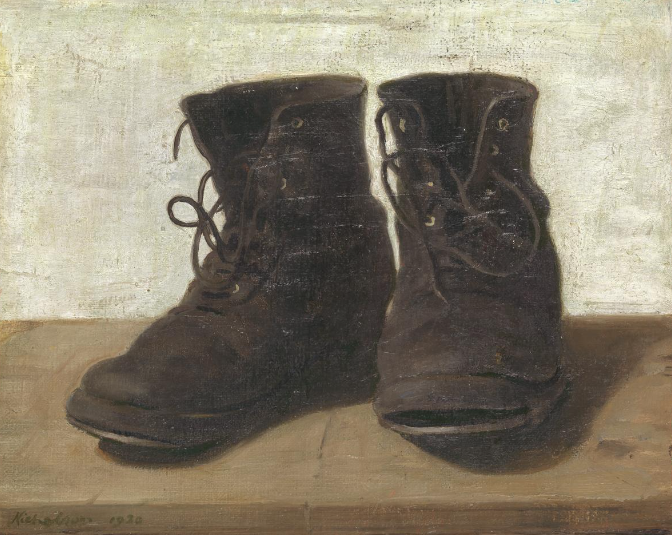
A Celebration of Women
SEO SpaceIn this era, there are so very many talented female gardeners from whom we can take inspiration.
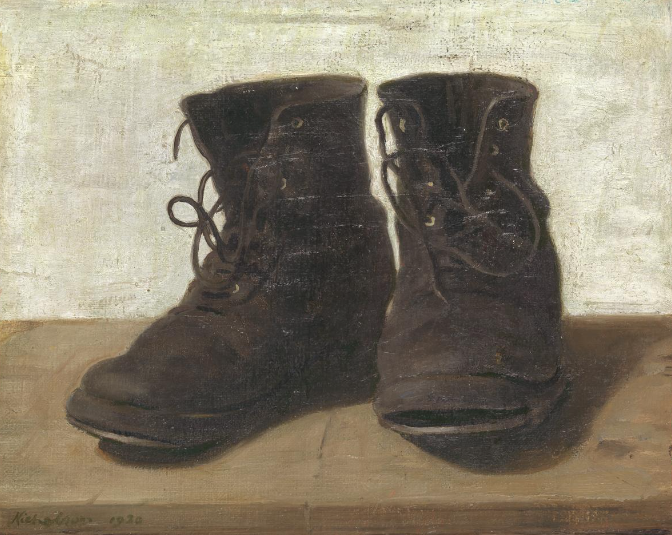
‘Miss Jekyll’s Gardening Boots’ by Sir William Nicholson 1920
Think of the work of Ann-Marie Powell, Angel Collins, Sarah Eberle, Isobel Bannerman or Charlotte Harris and many more who instruct and inspire new generations of designers, landscapers, horticulturalists and enthusiastic amateurs.
As we celebrate International Women’s Day on 8 March, I wanted to pay tribute to three of the giants on whose shoulders much of modern garden design and planting was built. My view is entirely partial and personal and everyone you ask will have a different trio of gardening inspirations but these are the ones I refer to constantly:
Gertrude Jekyll b. 1843
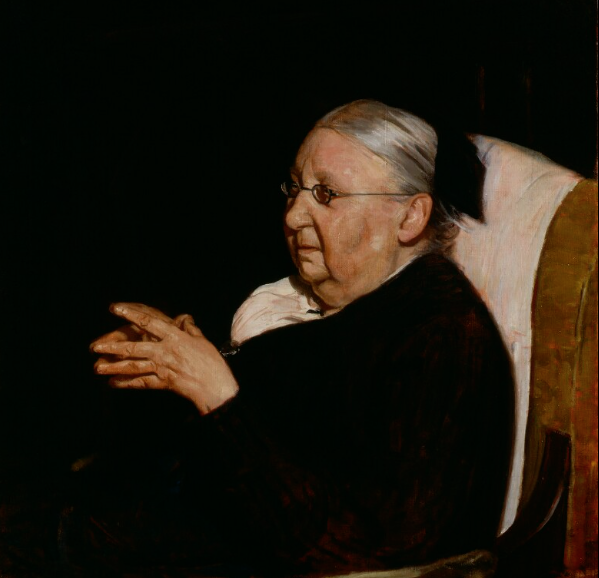
‘Miss Gertrude Jekyll’ by Sir William Nicholson
We were very lucky to be the custodians of an Arts & Crafts barn in Surrey for 10 years and so it is natural that I would begin with Miss Jekyll: artist, writer, plant breeder and designer, who created some 400 gardens in UK, Europe and USA. The Arts & Crafts movement laid the foundations for gardening as we know it today, encouraging the idea of the garden as an outdoor living room, a seamless extension of the planning and decoration of the house. Its gardens were whimsical and romantic. In larger gardens, the plan was divided into rooms and invited exploration ‘… the grounds as carefully and conveniently planned as the house’.
Her attitude to garden design was influenced by the Arts & Crafts principles absorbed from John Ruskin and William Morris. A sympathetic relationship between the house and its surroundings was vital and each individual plant selected to achieve a practical, beautiful and appropriate effect that could reveal unexpected views and pictorial surprises. To credit her as the ‘inventor’ of the herbaceous border is to underestimate her as a master of plant aesthetic with a surveyor’s grasp of line and contour allied to a profound understanding of plants and colours. Her lasting achievement is still seen through the books and hundreds of articles that remain in her archive.
Margery Fish b. 1888
Margery Fish was a strong favourite of my mother’s and her book, ‘We Made a Garden’ has stood the test of time. It is mainly due to her enthusiasm and love of plants and her passion for nature that our native cottage garden tradition has been kept alive.
She was the leading gardener of the 1960’s and she and her husband, Walter, transformed an acre of wilderness at East Lambrook, Somerset, into the epitome of the cottage garden. She had a love of flowers and researched intensively the traditional plants with which cottage gardens in England were once so richly planted. Her writing is both practical and humorous; she covers the basic topics that every gardener needs to learn, such as composting, and recounts her failures as well as her successes. She encouraged her readers to: ‘Cherish the simple flowers that brightened our cottage gardens for so many years’ – advice as good today as it was then.
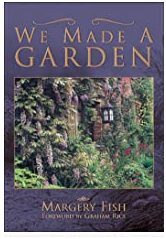
We Made A Garden by Margery Fish b. 1888
Beth Chatto b. 1923
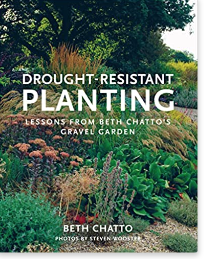
Drought-Resistant Planting
Beth Chatto was renowned as ‘the most influential gardener of her time’. In the 1960’s she transformed an overgrown wasteland of poor gravel and boggy hollows into an informal garden that has inspired and instructed garden design ever since. ’Right plant; right place’ was her mantra and it taught us the crucial lesson of not struggling against the hand that nature has dealt us but of analysing what is there and working with it and the plants appropriate to it: ‘plants, like people, have their preferences and don’t like being thrust into the nearest hole’.
Her book ‘The Dry Garden’ championed plants that could survive arid conditions without watering, even in the hottest months of the year. That expertise was poured into the garden she created at Elmstead Market in Essex where she focused on not wasting precious resources (such as water) – an approach that has never felt as relevant and urgent as it does in 2023!
